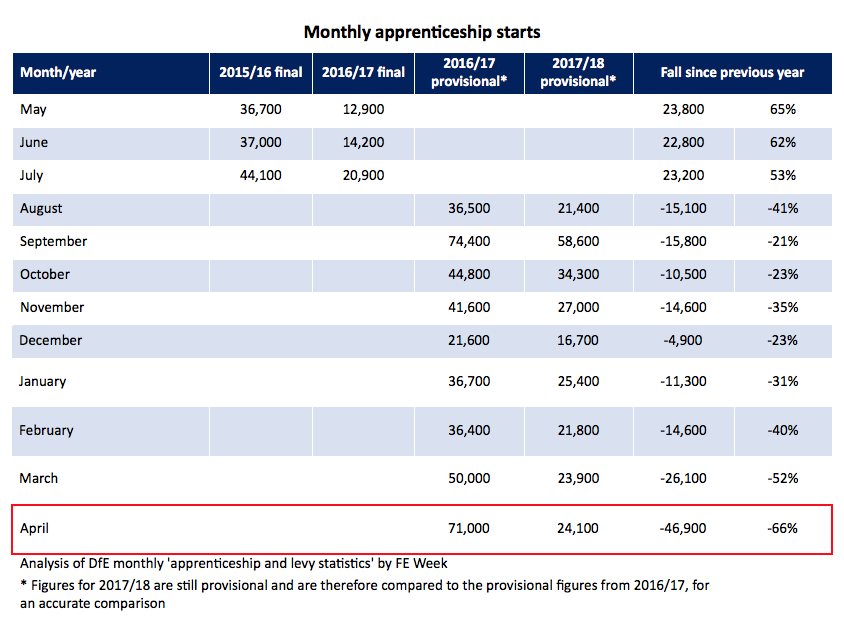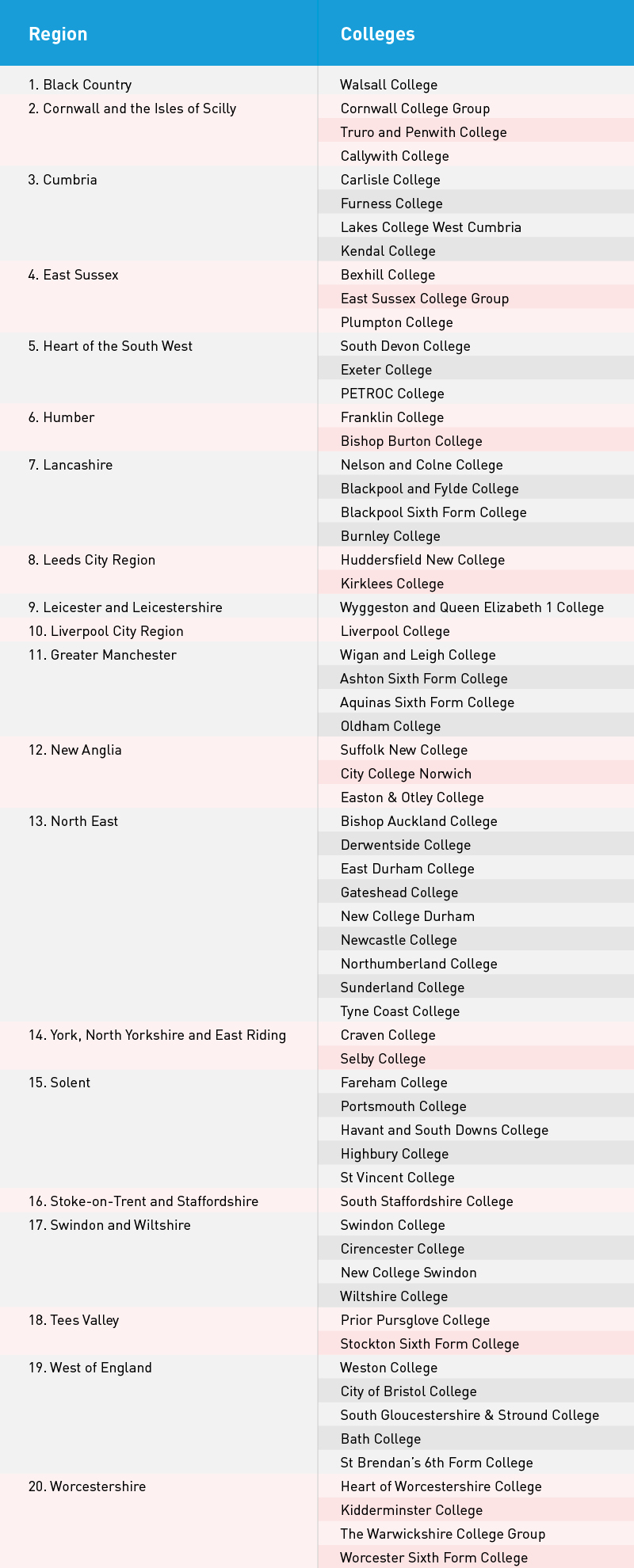Leaders at Learndirect have been criticised by Ofsted for causing “confusion and uncertainty” over the transfer of their apprentices to other providers.
Inspectors noted a number of improvements since it was rated ‘inadequate’ overall last summer and from two subsequent monitoring visits, in their latest assessment of the troubled provider.
But “insufficient progress” is being made in Learndirect’s efforts to ensure a “smooth transition” for apprentices transferring to other training providers by the end of July, when its government skills contracts finally end.
“Leaders’ negotiations to transfer all apprentices on directly delivered programmes to one large provider ended unsuccessfully in March 2018,” Ofsted said.
Leaders’ lack of clarity about the transfer process has caused confusion and uncertainty
“Leaders are now approaching the final stages of the process to transfer these apprentices to five other providers and have allocated the large majority.”
However, while most apprentices appear to have been allocated to providers, they “are still waiting to be re-enrolled with the new providers so they can continue their programmes”.
Leaders at the provider were blamed for this. Their “lack of clarity” in their communications about the transfer process has caused “confusion and uncertainty” among employers and apprentices.
“Too many employers are dissatisfied by the lack of information that they have received and have concerns that their apprentices will not achieve their qualifications,” Ofsted found.
The inspectorate said that some employers were informed that Learndirect would continue to work with their apprentices until the end of July 2018 to complete their programmes, but were then told that the apprentices were transferring to a new provider.
As a result, “a few employers have approached other providers independently to ask them to complete their apprentices’ programmes, thereby compounding the confusion about the transfer arrangements”.
The process for transferring those apprentices whose programmes are delivered by Learndirect’s existing subcontractors has however been “much more effective”.
But a “small proportion” of apprentices have still not yet been allocated to a provider, and there is a “risk” that a very small number of apprentices will “not be able to complete their programmes if they are not accepted by a new provider before the end of July 2018”.
“Throughout the process of transferring apprentices to other providers, Learndirect Ltd has been working closely with ESFA to ensure that all transfers are managed in the interest of the learner, employer and in compliance with ESFA rules,” said a spokesperson for the provider in response.
“Whilst a small number of transfers have been delayed for a short period of time, the majority of large volume transfers have progressed without issue. The sample size of apprentices used for the Ofsted report was too small to capture the fact that the majority of the transfers were well managed and undertaken with minimum disruption to both learners and employers.
“All of this has been achieved in the challenging context of closing delivery centres and reducing staffing, as acknowledged within the Ofsted report. It is worth noting that Ofsted commends learndirect’s progress in three out of the four other areas in this report.”
Learndirect received an overall ‘inadequate’ rating from Ofsted, including for outcomes for learners, after it was inspected in March and had its report published in August following a judicial review.
It has since been “winding down its contracts” to deliver apprenticeships and adult learning until July 2018.
Ofsted praised leaders for having “sustained the improvements” to the quality of the provision that were identified at the previous monitoring visit – which found “significant improvement” was made in increasing proportion of apprentices and adult learners who now achieve their qualifications.
“They have achieved this in the challenging context of winding down their main funding contracts, closing delivery centres and significantly reducing staffing,” the watchdog said.
Too many employers are dissatisfied by the lack of information that they have received
“Staff at all levels of the organisation have demonstrated a strong commitment to supporting learners and apprentices to complete their qualifications.”
Managers of Learndirect’s adult learning provision have meanwhile “tackled successfully” some of the “more intractable areas for improvement” from the previous inspection.
Leaders have meanwhile “reduced further the number of subcontractors in response to concerns about the quality of the provision”.
Their monitoring of the progress of apprentices at subcontractors has been “intensified”.
Contract managers “of the 39 adult learning subcontractors have overseen continuing improvements in learner achievement rates, levels of attendance and the proportion of learners progressing to employment, education and training”.
Lastly, Ofsted said leaders have “continued to improve” their use of the apprentice tracking system that they developed after the last inspection to “enable them to monitor effectively the progress of the remaining apprentices”.
At the time of this monitoring visit, Learndirect had 2,892 apprentices – down from 17,000 in 2016/17 – and 7,276 adult learners on programmes.
The troubled provider, which has been subject to investigations by the National Audit Office and Public Accounts Committee since it grade four, has recently been offloaded by its private equity firm owner – Lloyds Development Capital – to entrepreneur Wayne Janse van Rensburg, the managing director of the Stonebridge College Group.





